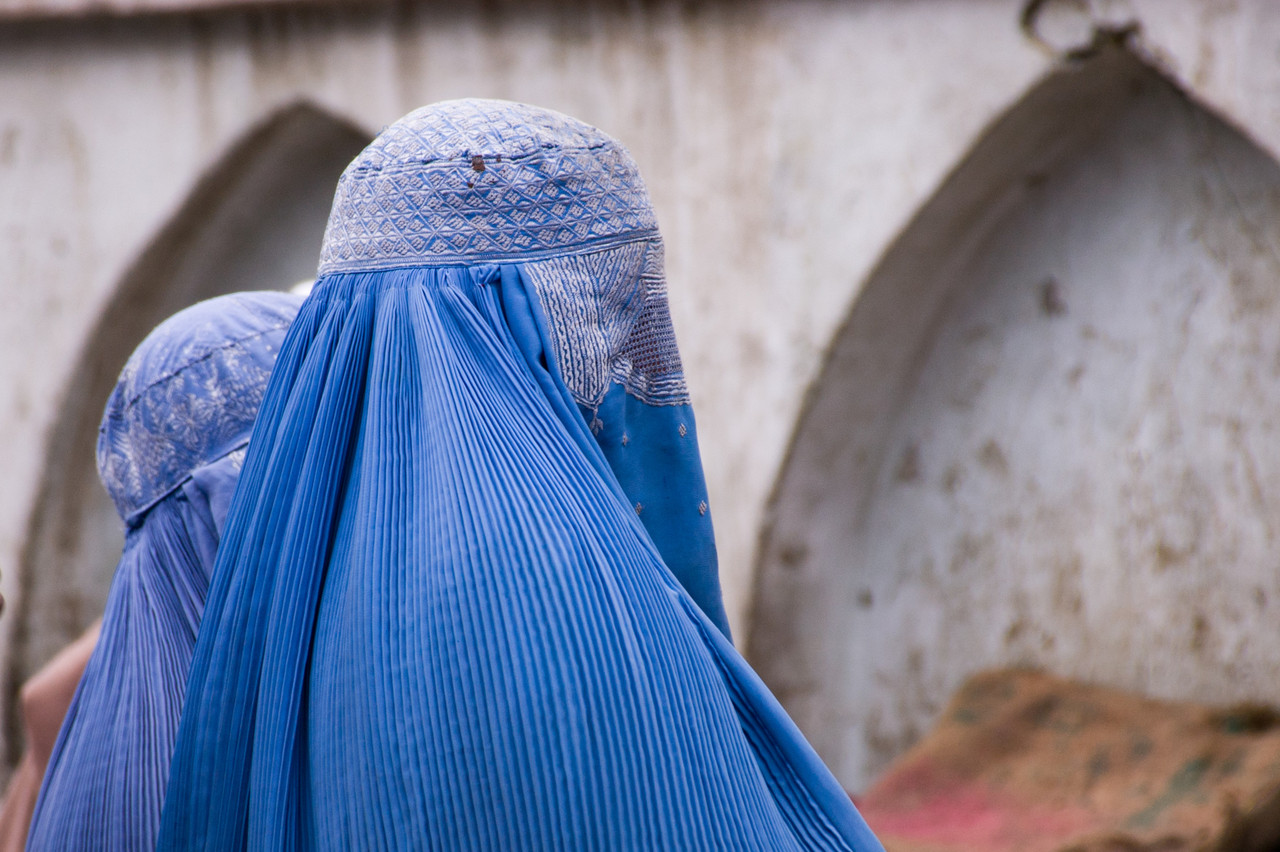For the past nine years, Laila has been working with several international NGOs on development projects in Afghanistan. Laila is not her real name. In one of the regions she was active in, members of the Taliban threatened workers on a women’s health project, she said. “But we didn’t care about these threats, because at the time everything was stable. We never thought that one day this threat would become reality.”
The Taliban had a list of people working on the project, Laila said during a telephone interview with Delano. “I know my name is on the list.” She now worries that this information has survived and is convinced that the Taliban in the coming weeks and months will use such lists to round up and capture those who worked with foreign aid organisations and governments.
“We are in a nightmare. We were living in peace--not complete peace, but we had hope that everything will become better. We were making plans for the coming year, applying for different organisations. I started my second master’s degree. Now, I’m not sure whether a member of the Taliban will knock down my door tomorrow morning, whether I will still be alive tomorrow morning.”
Laila said she has already received a series of suspicious calls. Someone claiming to be from the Afghan security forces said they wanted to help her, asking for her address and those of colleagues. “It is the Taliban who are searching for me,” she said. A colleague confirmed that one of their offices was raided and staff files with phone numbers stolen.
A report prepared for the UN by the RHIPTO Norwegian Center for Global Analyses last week warned that the Taliban had ordered fighters to hunt down people who worked with the Afghan or foreign governments, or to target their families.
Laila now moves from one house to another with her two children. But she also doesn’t want to put her friends at risk. Her husband, a social activist, left the country around a month ago fearful that he had become a Taliban target. “We didn’t imagine that the Taliban would take hold of government,” she said about being left behind. Laila does not know her husband’s whereabouts.
NGO has “not taken any action”
Western governments are racing to evacuate their citizens, embassy staff and support workers from Kabul airport. But people like Laila feel forgotten. “They have not taken any action,” she said about the last NGO she worked for, asking for its name to be kept secret to protect her identity. “On the first day, they took out all the international staff. But while we have the same danger, they kept us here.”
Trying her luck to get onboard a flight isn’t an option for the mother. Chaos surrounds the airport, the Taliban have been blocking access routes, people desperate to leave have reportedly been crushed to death in stampedes. “How can I go with two small children?”
Laila’s family fled Afghanistan 40 years ago. She first moved to her home country in 2008 as part of a programme to repatriate educated and skilled Afghans. “I was really proud and happy to be doing something for the people,” she said. “My life was good. I enjoyed my work.”
Family that sought asylum outside Afghanistan over the years told her to leave, but Laila stayed--a decision which she said she has regretted every second since the Taliban takeover. “Why have I put my children in such risk, that maybe someone will come and kill them, because they have a mother who worked for an international organisation?”
A friend lent Laila a burqa to wear when leaving the house. “It is completely humiliating. Maybe you have seen it in photos, but if you see it in reality, it is really humiliating.”
Banks are closed and Laila soon expects people to run out of cash. Shops and markets are also largely shut and it is becoming harder to find essentials. People are staying away from the city’s large thoroughfares, patrolled by the Taliban, Laila said.
Spectre of civil war
The rushed withdrawal of US and Nato forces emboldened the Taliban. The Afghan government proved ineffective at preventing their advance and security forces lacking leadership fell apart. But the Islamic Emirate has yet to consolidate in the wake of its sudden advance. Leaders arrived in Kabul over the weekend to begin hammering out a new government.
During a press conference on 17 August, spokesman Zabihullah Mujahid struck a conciliatory tone, promising amnesty for government officials, saying the Taliban would not seek revenge, uphold press freedom and protect the rights of women under sharia law.
But Laila believes they are merely biding their time. She is waiting for the full brutality of the new regime to unfold. “They are making their database for the future,” she said about intelligence gathering on people like her. “I’m sure that if we cannot escape from here in the near future, we will be the witness of murder or the disappearance of people.”
Spontaneous protests erupted in Kabul over the past week, and photos and videos showed women demonstrating for their rights. But peaceful challenges to Taliban rule of this kind don’t stand much chance of survival, Laila believes.
She doesn’t have much hope for the last holdout against the Taliban around vice president Amrullah Saleh and other politicians--gathered in Panjshir in the Hindu Kush--and fears that only a civil war will remove the radicals. “You cannot imagine how dark and horrible it is.”
Read also
